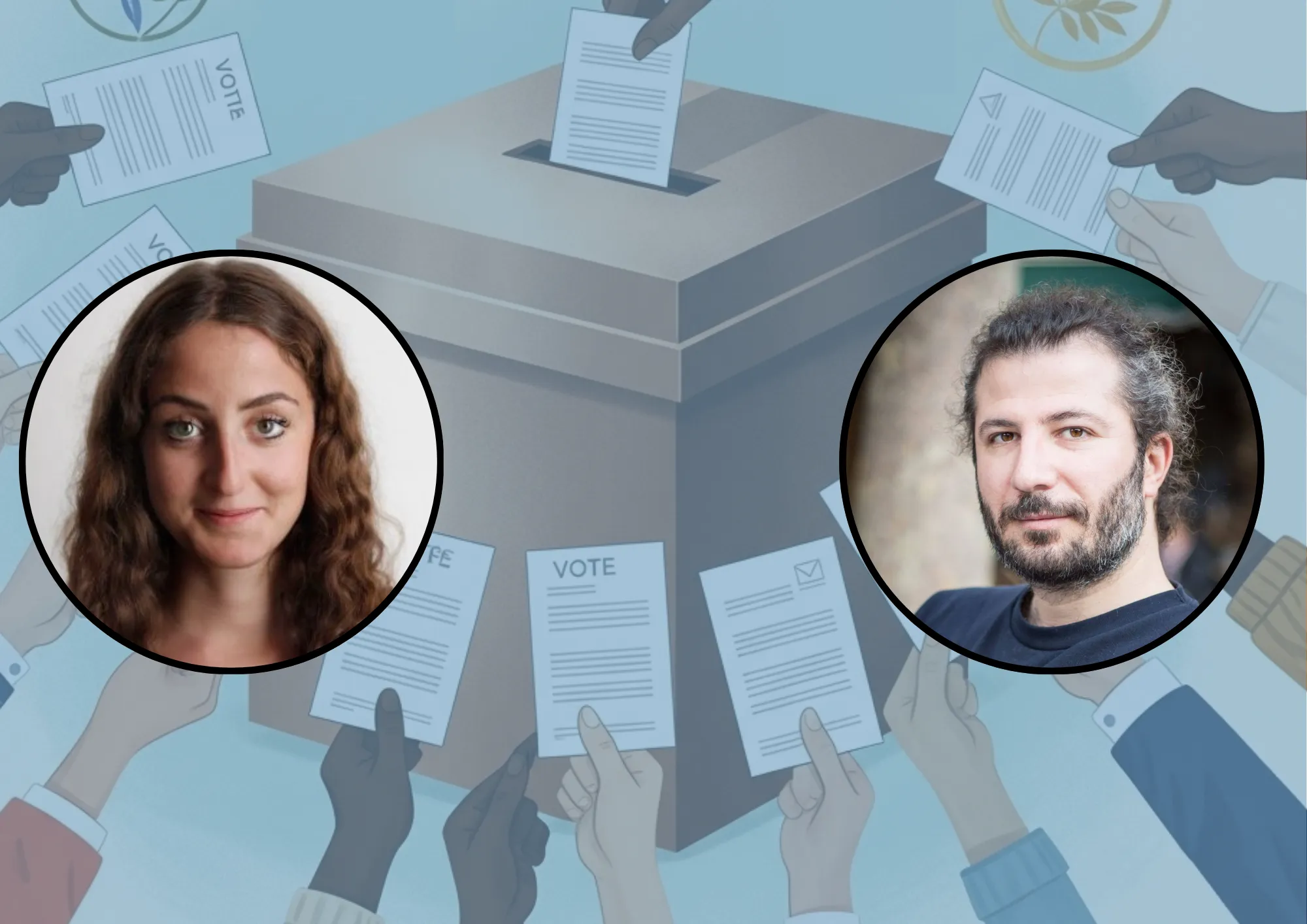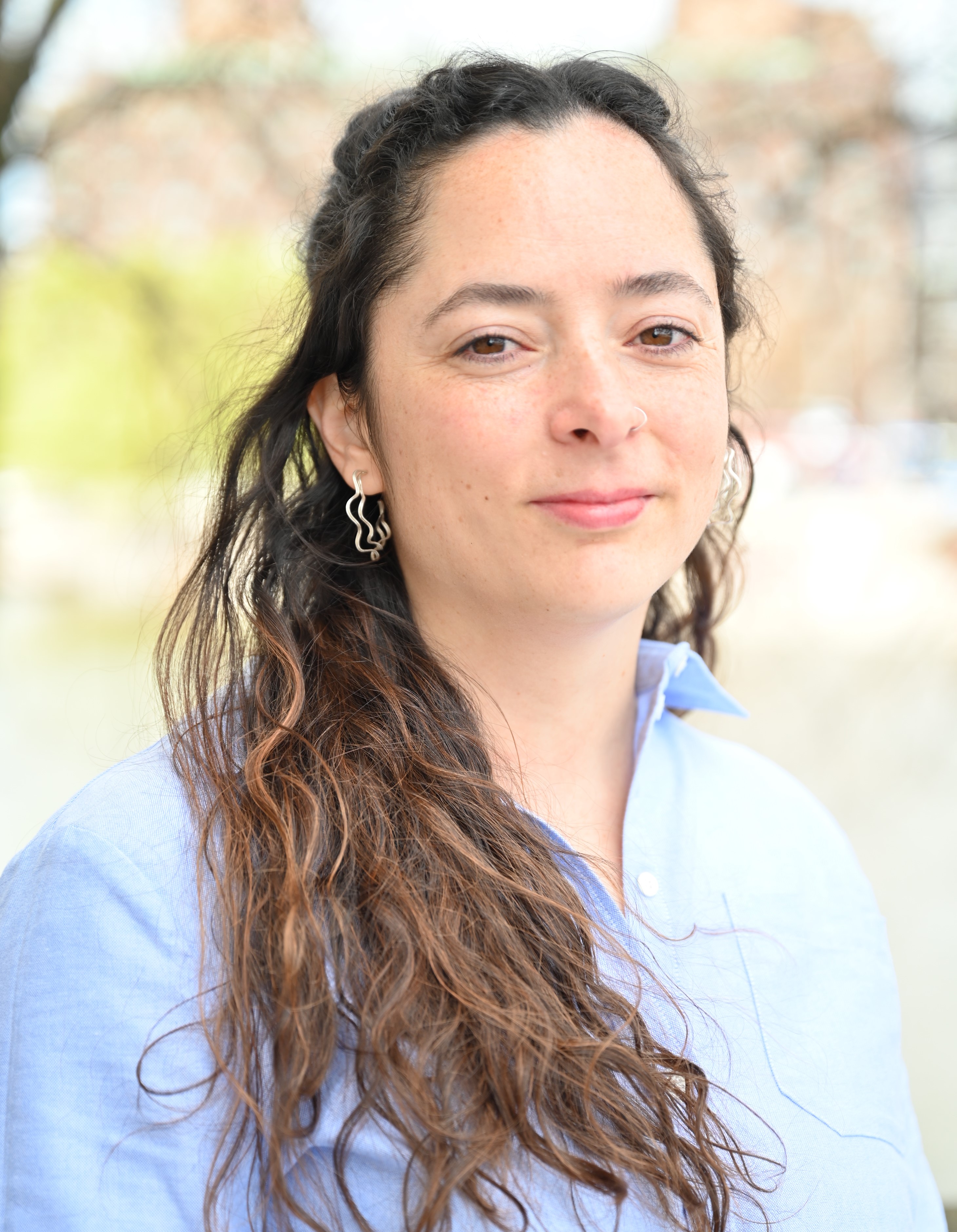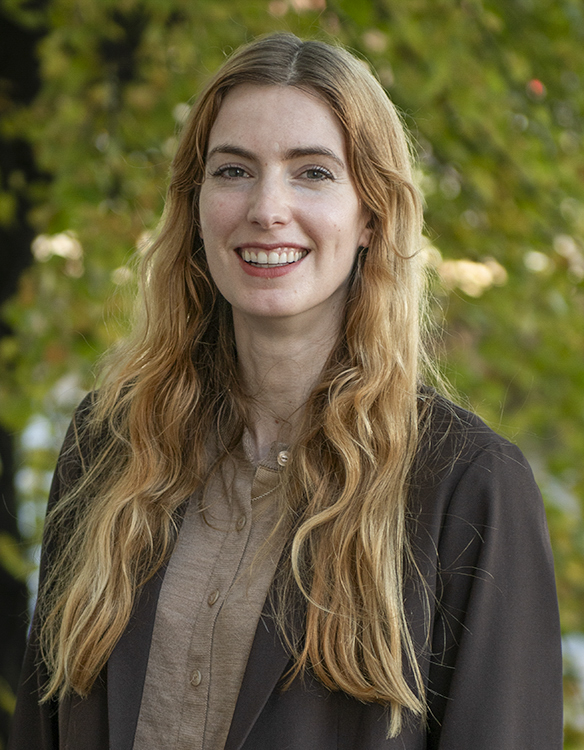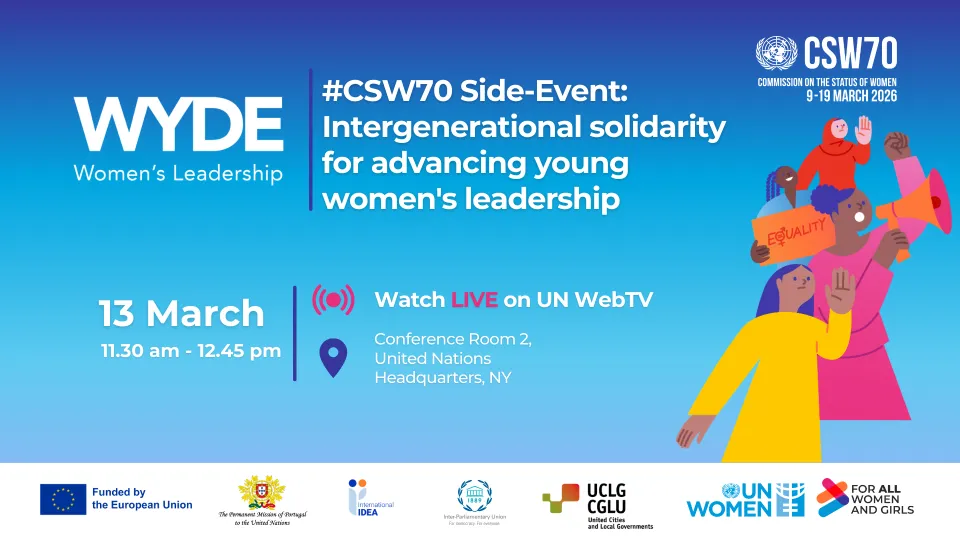Democracy Beyond Citizenship: A Q&A Featuring the Parliament of Exiles Initiative in France

How can people who have fled their home countries participate in democracy in the place where they find refuge? In many cases, the right to vote is tied to a naturalization process that can be uncertain or take many years. Responding to this challenge, an independent association in France took action by launching a ‘Parliament of Exiles’ in January 2025 that aims to improve the political representation of ‘exiles’ in the democratic process. The association defines an ‘exile’ as a person who has been forced to leave their country and has been residing in France for at least one year. This includes individuals in many possible administrative conditions relative to the right to stay, including undocumented immigrants, asylum seekers, or beneficiaries of international protection. It encompasses those who do not have the right to vote in France and have no means of electoral expression.
Unaffiliated with any political party or group and composed of members from diverse national backgrounds, the Parliament of Exiles is an initiative to create a representative body for the exile community in all its diversity that is completely independent from the French parliament. The project aims to give voice to exiles and establish dialogue with French institutions, including elected government officials, local authorities, and universities, bringing the concerns and perspectives of exiles into public policies and political debates.
It is organized in three phases: the first phase—an election—was recently completed and resulted in the election of 17 members of parliament (9 women and 8 men); the second phase involves a one-year training program in collaboration with French and international universities; and the third phase consists of a one-year mandate, during which the representatives will lead thematic working groups to develop concrete ideas and steps to address key issues affecting exiled people, such as access to justice and housing. The project is funded by private European foundations and includes a scholarship for the selected representatives, enabling them to dedicate themselves full-time to their training and work.
The 2025 Global State of Democracy report raises the question of transnational identity in the context of migration, and considers belonging as an issue at the heart of democratic resilience. France has, for several decades, guaranteed its citizens living abroad the opportunity to actively engage in national politics by granting them representation in the legislature and within the Assembly of French Citizens Abroad. Through these mechanisms, the country has enabled its citizens abroad to continue exercising their sense of belonging to the nation. Similarly, creating a sense of belonging for exiled communities in France is at the core of the Parliament of Exiles project. The project supports a more inclusive vision of suffrage by promoting the idea of institutional political representation for non-citizens. To understand how the initiative can bridge the gap between exile communities and France’s institutional life, we interviewed the co-founders of the Parliament of Exiles initiative, Dounya Hallaq and Rudi Osman.
Rudi Osman is a Franco-Syrian activist committed to the rights of exiled people. Since his arrival in France in 2014, he has founded several organizations supporting access to higher education and civic inclusion for people in exile. An Obama Leader fellow, he is recognized for his expertise in social innovation and equal opportunity.
Dounya Hallaq is a social entrepreneur who founded several organizations promoting the integration of exiled people through sport and culture. She also leads civic and democratic initiatives at both the local and European levels. Dounya and Rudi spoke with Daniela Dominguez and Emily Bloom in International IDEA’s Democracy Assessment team on 14 August 2025.
Why was the Parliament of Exiles created, and what is its mission?
Rudi: We started the idea of the Parliament of Exiles three years ago when a new bill about migration and asylum in France had just been introduced. As exiles, we tried to make our voices on this matter heard but felt that locals perceived us as people who can provide them with a specific point of view, but not as political actors. We could—for instance—help them learn about our experiences and struggles in this country, but they never looked to us to bring political ideas and potential solutions to current issues. That realization led a group of us to decide that we needed to create our own political body—a structure that could both represent exiles and give legitimacy to our role as participants in public life. We concluded that the best way to achieve this was by establishing a parliament, so that exiles in France could elect their own representatives.
Dounya: We wanted exiles to be recognized not only as experts on migration, but also as knowledgeable voices in many other fields. Exiles can speak about economics, employment, the environment, and more. Many exiles were already experts in their fields before fleeing their countries, and bring with them valuable knowledge and experience. We also wanted to create a space where migration is discussed differently. In France, as in much of Europe, we are witnessing a rise in xenophobia. We are too often represented in narrow and limiting ways. We believe it is crucial to build another narrative—one that shows migrants are much more than how they are usually portrayed in the media.
Why should France and other countries include the voices of non-citizens in their democratic processes, including representation in public institutions?
Rudi: As a refugee living in France, one of the most important things for me is to build a sense of belonging and to feel that I can become a future citizen. For that reason, I believe it is essential to start with civil (and political) participation. I am already contributing socially and economically, yet I still lack political rights. This is why I believe France—and all democratic countries—should provide exiles with opportunities for participation and representation. Such opportunities are a first step toward understanding democracy and learning how to be part of society. They open the door to experiencing what full citizenship truly means.
The organization’s charter references values of the French Republic (e.g., liberty, equality and secularism). Why were these values chosen, and why are they important for an exile-led initiative?
Dounya: The intention is to avoid this idea that we often hear in the media and elsewhere that migrants are coming to destroy our republic, our values, our freedoms, and so on. From our experience, it’s actually usually the opposite. People who have fled from their country often do so because they have a political commitment and fight for freedom. That doesn’t align with the idea of them coming to France to fight against French freedom or Republican values. For us, it is important to state very clearly and officially that we are working within the same framework as French citizens.
Rudi: To add to this, we find that these values are universal. We as political exiles fought, and continue to fight, for these values and principles in our countries. By highlighting these values, we say that we are part of French society, even though we are not French citizens.
What challenges have you faced so far, and what responses have you received during your tour in France?
Dounya: Some more traditional organizations saw the project as a threat, perhaps because we are giving a voice directly to exiled people and they were not really used to working in this way.
Rudi: Our feeling is that, in France and across Europe, we are used to giving exiles a place as merely decoration in conferences or public speeches. Exiled communities were, on the other hand, very open and collaborative. We received 234 applications to stand as a candidate in the election. The eligibility criteria included being an exile (and therefore unable to vote), being between 18 and 65 years old, having lived in France for at least one year with intentions to stay, holding a high school diploma or equivalent, speaking French at B2 level, and having experience with civic engagement in France or in one’s home country. Based on these criteria, 60 candidates were shortlisted for an interview with an independent jury composed of academics, political figures, and exiled individuals, who assessed their public-speaking skills and the potential of the projects they planned to develop in France. At the end of the process, 29 individuals were selected to stand as candidates. Over a period of six days, 5,400 voters from more than 100 nationalities participated in our election. For us, this was a sign of how much people want to participate. The vote took place online. We approached municipalities to help set up an in-person vote but they refused. This was surprising as these are people who claim to be helping exiled people, giving their voice a place, and yet some of them refused to help.
One of the ideas that I think is so hard for local communities to accept is that there is a possibility of leadership from exiles. Yet it's very important to have those leaders because they can bridge between exiled communities and institutional life. Why are they refusing? This is one of the questions that needs further research: how local communities can support real participation, representation and leadership of exiles in European countries.
This interview has been edited for length and clarity.
Opinions expressed in this commentary are those of the authors and do not necessarily represent the institutional position of International IDEA, its Board of Advisers or its Council of Member States.
For monthly-updated information on democracy and human rights developments in 173 countries, visit the Democracy Tracker. For all our data and analysis, visit the Global State of Democracy Initiative.





